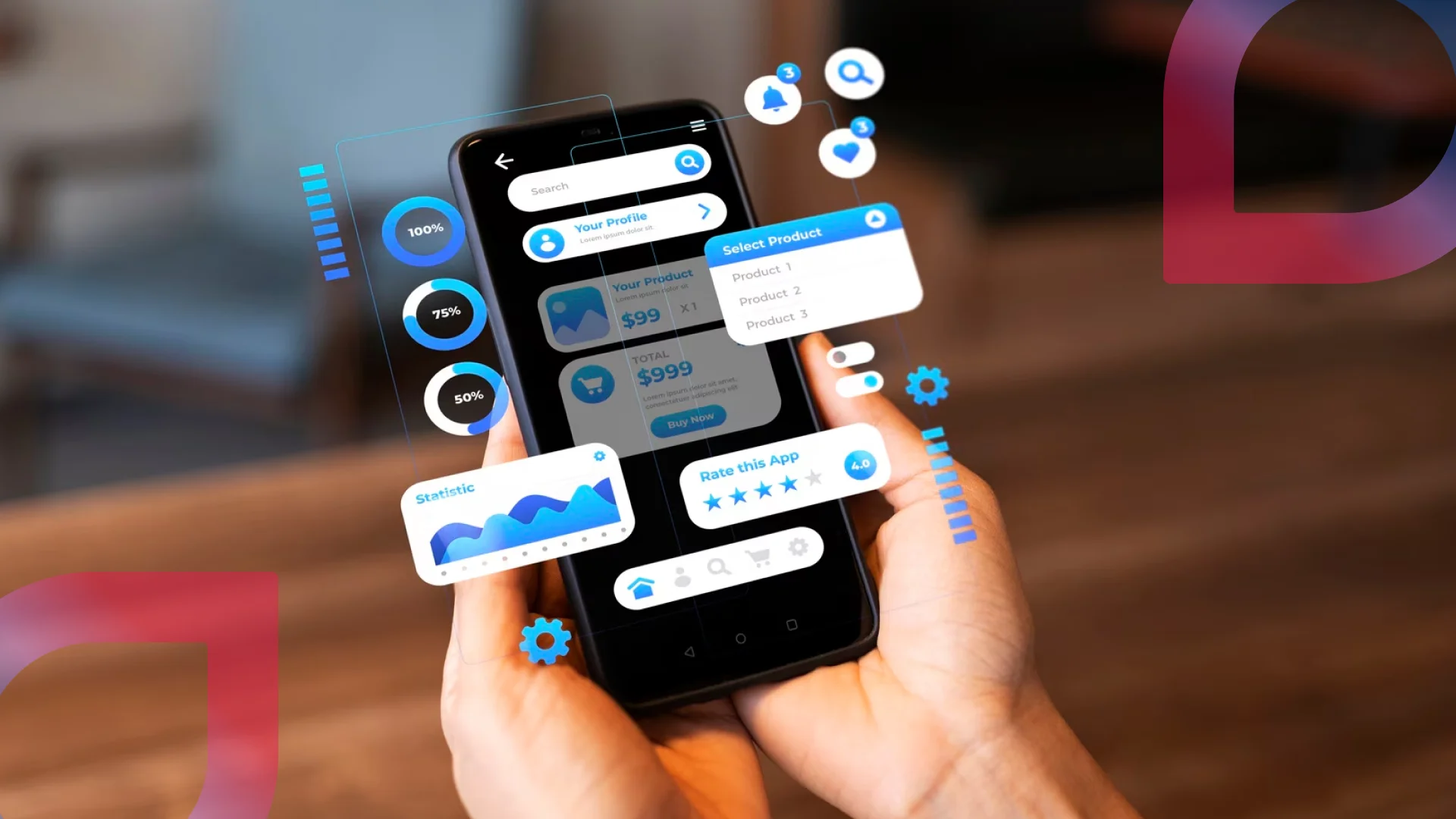In the digital age, mobile applications—or mobile apps—have become an inseparable part of daily life. From communication and banking to shopping and entertainment, there’s an app for almost everything. With over 6.6 billion smartphone users worldwide, mobile apps play a central role in how we work, learn, and connect. As technology advances, these applications continue to evolve, offering new possibilities and transforming industries across the globe.
What Are Mobile Apps?
Mobile apps are software programs designed to run on smartphones, tablets, and other mobile devices. They are downloaded from app marketplaces such as the Apple App Store or Google Play Store. Apps are developed for various purposes—some for fun and leisure, others for productivity, education, health, or commerce.
There are two major types of apps:
-
Native apps, which are built specifically for a particular platform (like iOS or Android)
-
Web and hybrid apps, which are accessible through web browsers or developed using cross-platform technologies
Regardless of their type, mobile apps offer users convenience and functionality on the go.
Everyday Uses and Benefits
One of the greatest advantages of mobile apps is their ability to simplify everyday tasks. Need directions? Google Maps or Waze can help. Want to buy groceries? Use an e-commerce app. Looking to learn a new language? Duolingo is at your service. These apps offer a combination of accessibility, speed, and personalization.
Communication apps like WhatsApp, Telegram, and Zoom allow people to stay in touch, no matter where they are. Social media apps such as Facebook, Instagram, and TikTok let users share content and stay connected with global trends. Banking and finance apps allow real-time transactions, bill payments, and money transfers, reducing the need to visit physical branches.
Moreover, health and fitness apps track exercise, monitor heart rate, and guide nutrition plans, contributing to healthier lifestyles. Apps like Headspace and Calm even promote mental wellness through guided meditation.
The Business Impact
For businesses, mobile apps offer tremendous opportunities to reach customers and boost engagement. They allow companies to offer services directly through users’ phones, provide instant customer support, and collect valuable user data. This leads to improved customer experiences and more personalized marketing strategies.
Restaurants use apps for online ordering and delivery, banks offer mobile transactions, and retailers enable mobile shopping with just a few taps. Many businesses now develop custom apps to enhance brand loyalty and maintain direct communication with customers.
Additionally, the app economy is a booming sector. According to recent reports, mobile app revenues are projected to exceed $600 billion globally by 2025. This has led to a rise in startups and app developers competing to create innovative and useful applications.
Educational and Professional Uses
The world of education has also been transformed by mobile apps. E-learning platforms such as Khan Academy, Coursera, and edX provide access to free and paid courses from top institutions. Students can now learn at their own pace, review lectures on demand, and interact with peers online.
In the workplace, productivity and collaboration apps like Microsoft Teams, Slack, and Trello help teams manage projects and communicate in real-time, especially in remote or hybrid work environments. This shift has improved efficiency and enabled global collaboration across time zones.
Challenges and Concerns
Despite their benefits, mobile apps come with certain challenges. Privacy and data security are major concerns, as many apps collect sensitive information. Users must be cautious about app permissions and choose trusted sources for downloads.
There’s also the issue of screen addiction. With so many apps competing for attention, users often find themselves spending excessive time on their devices, which can lead to reduced productivity and health problems.
Another concern is app compatibility and performance. Not all apps run smoothly on every device, and frequent updates are necessary to fix bugs, add features, and improve user experience.
The Future of Mobile Apps
The future of mobile apps is bright and ever-evolving. Emerging technologies such as artificial intelligence (AI), augmented reality (AR), and 5G connectivity are driving the next wave of innovation. Apps will become even more intelligent, responsive, and immersive.
AI-powered personal assistants, AR shopping experiences, and real-time healthcare diagnostics are just the beginning. Developers are also focusing on making apps more inclusive and accessible, ensuring that people of all abilities can benefit from mobile technology.
Conclusion
Mobile apps have revolutionized the way we live, work, and interact. They offer unmatched convenience, enhance productivity, and open new opportunities for learning and business. As technology continues to evolve, so will mobile applications—shaping the future in ways we can only imagine. Whether for personal use or professional growth, the power of mobile apps is undeniable and here to stay.

